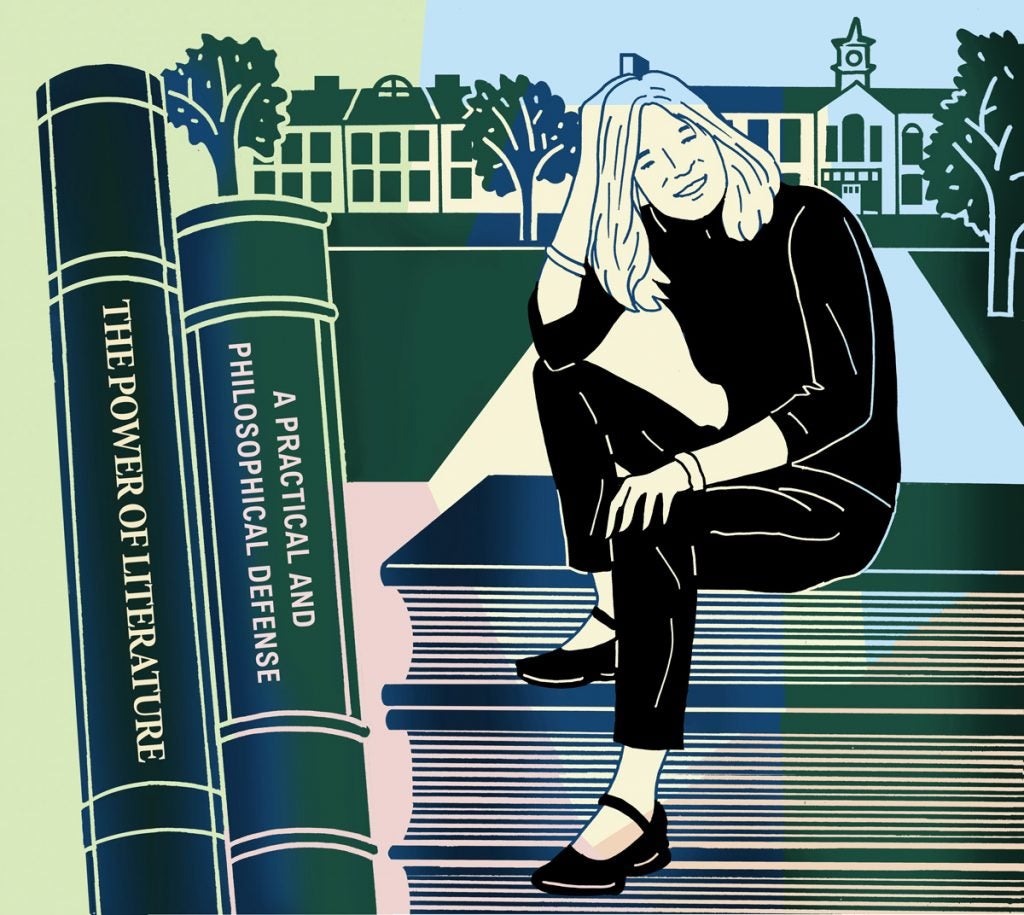
The Power of Literature
A Practical and Philosophical Defense
Essay by Ann Hood ’78
Illustrations by Anthony Russo ’74
Everyone should, of course, be an English major. Let me explain.
I started at the University of Rhode Island in the fall of 1974, a 17-year-old girl who knew exactly nothing, except one thing: literature can save our lives. This I had figured out on my own when I was seven. I grew up in West Warwick, 24 miles and a world away from Kingston, the odd kid in thick glasses who liked to raise her hand too much and started reading Hints From Heloise and Dear Abby in first grade. My elementary school, Providence Street Grammar School, was the same one where my mother and her nine siblings had gone and, before that, where my grandmother had gone until third grade when she had to go to work at the Natick Mill.
We were Italian-American immigrants who worked hard—some still in the mills—and cooked a lot and talked around the kitchen table over black coffee and cigarettes well into the night. Reading? Not so much.
It’s hard for me to discern how I came to love reading as much as I did. Oh, I know what I loved about it: how it took me to places I never thought I’d see, like London or Alaska or Prince Edward Island; how it showed me people so different from the ones I knew, like orphans and explorers and teenage sleuths; how when I read, the world around me disappeared and hours passed in a gentle fog of words and emotions. For the least popular kid in my class, the one who didn’t get invited to birthday parties or to practice the twist after school in Michelle Kincaid’s rec room, getting transported into Nancy Drew’s roadster or to the March family’s dinner table kept me from feeling lonely.
But how I came to pick up my older brother’s reading book one day when I was four and actually read it, no one can explain. Yet somehow I did. I opened that book and the letters on the page formed a word and I could read that word. “LOOK! LOOK!” I turned the page and read that one too, and the next and the next. “UP! UP!,” I read, and I had one thought: “I want to live in a book.”
It’s easy to think that of course I should have been an English major. I loved to read from an early age and I went on to become a writer. In fact, writers from Stephen King to Toni Morrison were English majors. But so were Harold Varmus, who won the Nobel Prize in Medicine; Supreme Court Justice Clarence Thomas; former CEOs of Xerox, Avon, MTV, Disney, and NBC; Stephen Spielberg; Conan O’Brien; Garrison Keillor; Mitt Romney; Mario Cuomo; Sting—all of them English majors. So there is something more than a love of reading that propels people with such varied interests and talents to study English.
The summer of 1974, I spent most days at Scarborough Beach slathering myself with Coppertone and adding Sun-In to my hair. I worked at Jordan Marsh at the Warwick Mall and was in love with a boy entering his junior year at URI. The last thing I thought about was what I would major in or what I would do when I graduated in four years. One evening after dinner, my father sat me down and explained to me why I should major in Business. A woman majoring in Business at this point in time could write her own ticket, he told me. I probably smiled and nodded at him, even though the one thing I was certain of was that I would not major in Business. I loved poetry and Russian novels and thinking about Man vs. Nature and Man vs. Man. I loved staring out the window and daydreaming about the big world outside. Business? An office in a high rise somewhere? A suit and floppy bow tie? Not for me.
At freshman orientation that July, we were walked through the overwhelming and complicated process of registration, including how many credits in each division we needed. When my orientation leader asked me what I wanted to major in, I told him I wanted to be a writer. “Okay,” he said. “Journalism.” Before I knew it, I was enrolled in Journalism 101 as a journalism major. (How was he to know that the two greatest journalists of that time, Barbara Walters and Bob Woodward, were both English majors?)
But it took only one journalism class to send me down to the registrar to change my major to English. As soon as the professor told us that in journalism you can’t make things up, I knew I was in the wrong place. I wanted to tell stories. I wanted to transport people to places they’d never been with characters they’d never met, the way books did for me. When the professor of my American literature class handed out the syllabus, I felt like she’d given me a great gift: an entire semester’s worth of books to read and think about and discuss. That semester I was introduced to the work of Willa Cather and William Carlos Williams and F. Scott Fitzgerald, the effects of which have never faded.
In my junior year, I took my first Shakespeare class. One day, after our discussion on King Lear, I went to the teacher in tears. “This play speaks to me,” I told him. “To my whole generation! How could Shakespeare have known this so many hundreds of years ago?”
“Ah,” Dr. Smith answered, “that is why we still read Shakespeare. Why we read at all. To figure out who we are and why.” This idea made me dizzy with possibility and understanding.
Not long ago I read about a man who asked his friend, a Shakespeare scholar, how much she knew about Shakespeare. “Not as much as he knows about me,” she said.
This is at the heart of the value of majoring in English. By studying literature we don’t learn data points or increase our productivity. Instead we learn to understand human nature, to write sentences that are clear and sometimes beautiful, to weigh moral dilemmas, to use critical thinking and abstract reasoning.
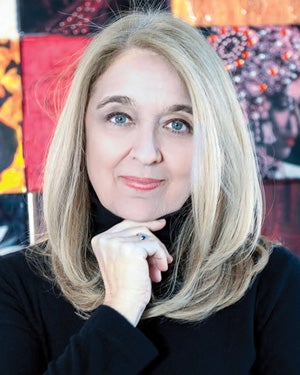
New York Times best-selling author Ann Hood ’78 is the author of 14 novels, three memoirs, a short story collection, a 10-book series for middle readers and one young adult novel. She is a contributor to The New York Times, The Paris Review, O, Bon Appetit, Tin House, The Atlantic Monthly, and Real Simple, and has won numerous awards. Her most recent work is The Book That Matters Most, published with W. W. Norton and Company in 2016. She is a faculty member in the MFA in Creative Writing program at The New School in New York City, and lives in Providence with her husband and their children.
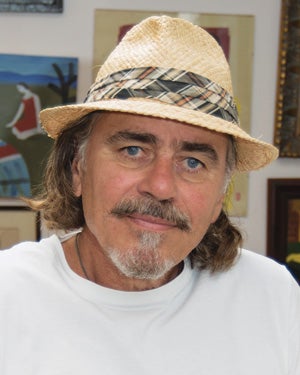
Anthony Russo ’74 is a freelance illustrator and fine artist. His work is featured regularly in magazines and newspapers including The New York Times, Washington Post, Boston Globe, The New Yorker, The New Republic, Rolling Stone, Esquire, LA Times, and Vanity Fair. He has illustrated books for Random House, MacMillan, Picador, Harper & Row, Steerforth Press, St. Martin’s, David R. Godine Publishers Inc., Rowohlt, and Franklin Library. His illustrations have won numerous awards. He has taught at the Rhode Island School of Design and Parsons in New York. He lives in Little Compton with his wife.
Perhaps you are thinking that this is all well and good, but none of this will get you a pay-check or even a job.
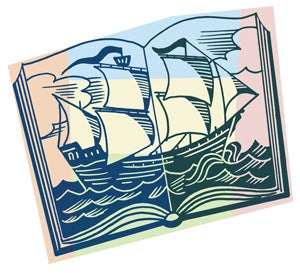
However, according to the Georgetown Center on Education and the Workforce, English majors in 2010 had only 9.8 percent unemployment upon graduation, which is very close to computer science majors (8.7 percent). Employers actually prefer liberal arts grads because of their critical thinking skills, ability to write clearly, and broad range of knowledge in many areas.
Still, to be honest, none of these reasons are why I—and I daresay, many—English majors chose to study literature. I chose it because I loved to read, and to think. And that’s what I did for four years in college. I read dozens and dozens of books and then thought about and wrote about the themes they explored: love, war, betrayal, family, home, loyalty, death, childhood, old age, nature, light, darkness, good, evil. In other words, all the things we are confronted with every day of our lives. “All students—and I mean all—ought to think seriously about majoring in English,” Mark Edmundson stated in The Chronicle of Higher Education. “Becoming an English major means pursuing the most important subject of all—being a human being.”
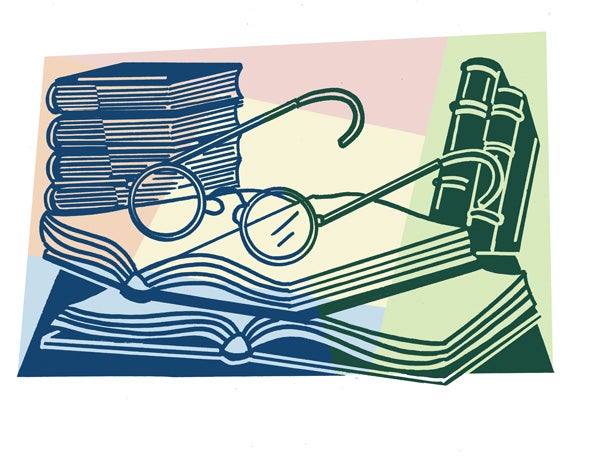
Yet I know that especially in today’s world of technology and start-ups and computers, being an English major seems, to some, downright archaic, like selling buggy whips after the first Ford was introduced. However, even Business Insider argues for majoring in English because of the skills you learn. Among them: setting schedules and working under deadlines (reading 400 pages of Virginia Woolf and literary criticism, and then writing a 25-page term paper on it, all in five days); communicating clearly; thinking critically and successfully arguing a point; and taking constructive criticism. But undergraduates will tell you that pressure from their parents and society lead them away from the humanities and toward majors that they believe will lead to good jobs, like the ubiquitous communications major. “We are drowning in information,” Pulitzer Prize-winning scientist E.O. Wilson tells us, “while starving for wisdom.” Of course information is a good thing. But wisdom is even more vital, and we can feed our need for it by reading books.
My path after college was a crooked one. I worked as a flight attendant for TWA, sold coats at a Casual Corner, stood behind the cash register at a bookstore, slung ribs at a Tony Roma’s. All the while I worked on novels and short stories, all of them terrible. I went to graduate school to study American literature and finally finished and sold a novel that went on to become a best-seller, eight years after I graduated with my B.A. in English. How foolish we are to think that our successes in life must be immediate and therefore only those skills that have a pay-off are worthwhile. As New York Times op-ed writer Verlyn Klinkenborg wrote, “What is an English major good for? The best answer…[is] wait and see.”
If I were to enter college today, I would do many things differently than I did back in 1974. I would choose better boyfriends and live at the beach and be a better friend. I would learn a language. I would take computer science and economics classes, which are even more important today than they were back then. I would study abroad for a semester. But there is one thing I would not change—if I started college today, I would still happily, eagerly, major in English. •
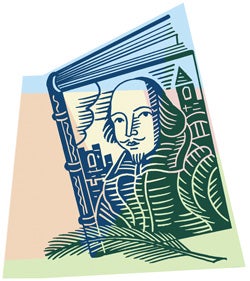
 Home
Home Browse
Browse Close
Close Events
Events Maps
Maps Email
Email Brightspace
Brightspace eCampus
eCampus


